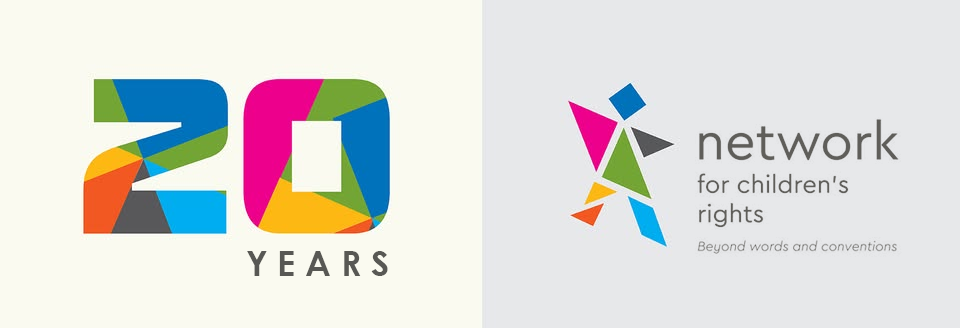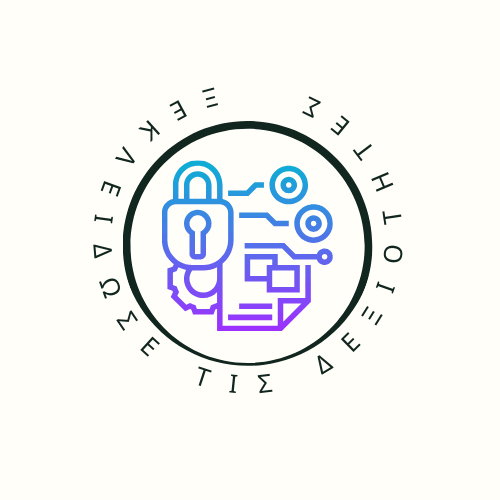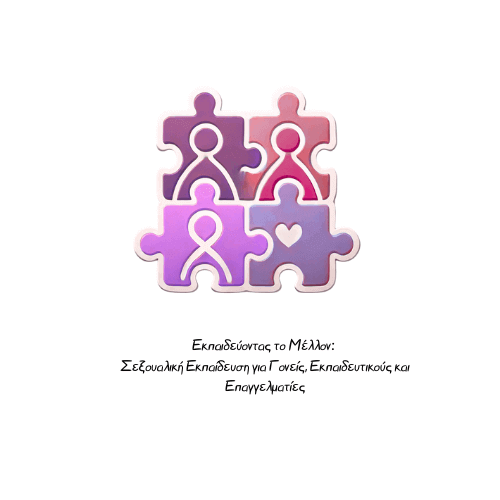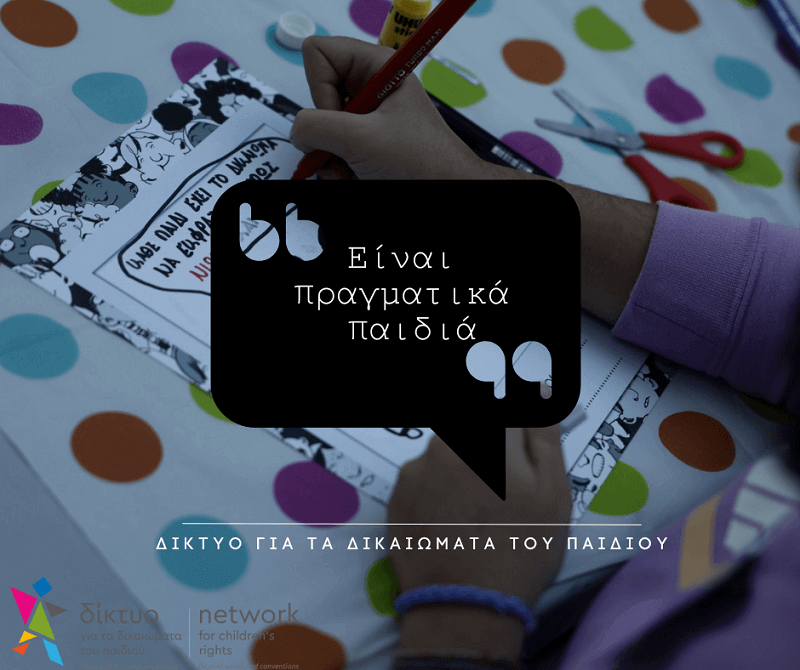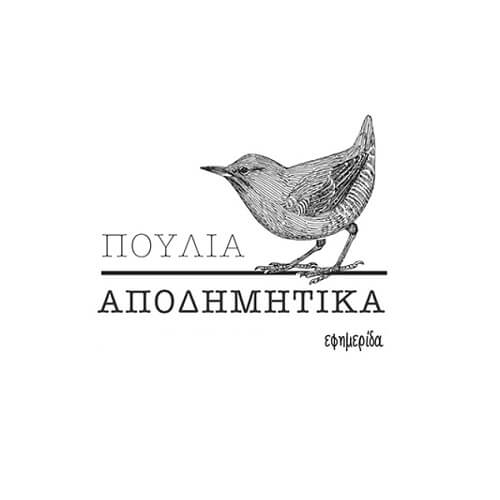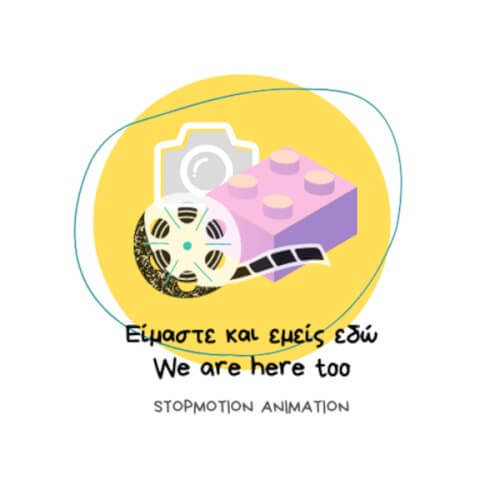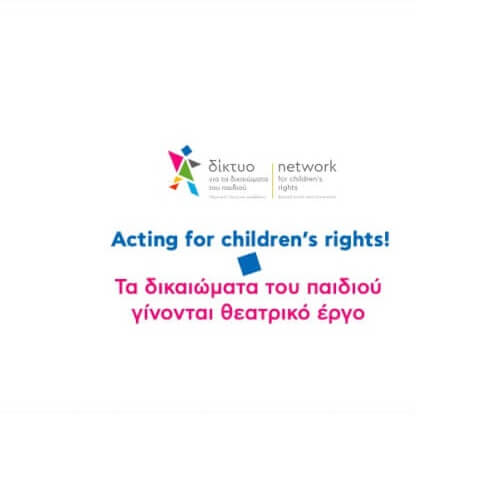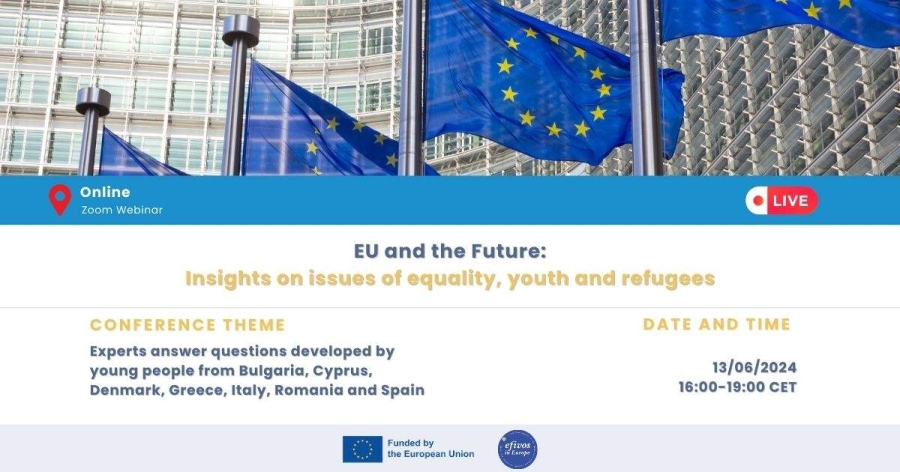Network for Children’s Rights
Beyond words and conventions
From 2004 forward we implement initiatives and interventions aiming to actualize respect of children’s rights.
Specialized atypical education programs • Creative workshops • Social and cultural activities • Actions of advocacy and holistic intervention
The Network at a glance
9.462
children benefited
Through holistic support, we create a relationship of trust and security with them
980
actions with/for children
Opportunities to take part in cultural life with equal access to quality services
48
employees
Fully support the Network
50
volunteers
If our vision and actions inspire you, join us!
More
About Us
The Network for Children’s Rights acquired non-profit organisation status in 2004, but actually began as an informal action group four years earlier with the aim of raising awareness of problems relating to the righs of children and interceding in order to solve them. It encourages initiatives and actions to ensure that the UN International Convention on the Rights of the Child is implemented in Greece, to guarantee respect for diversity and to put an end to discrimination.
More
Contact InfoContact Form
Network for Children's Rights

